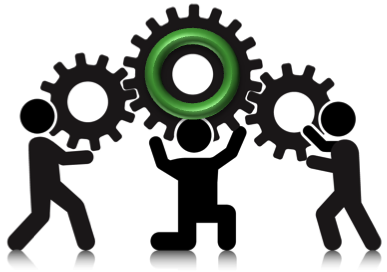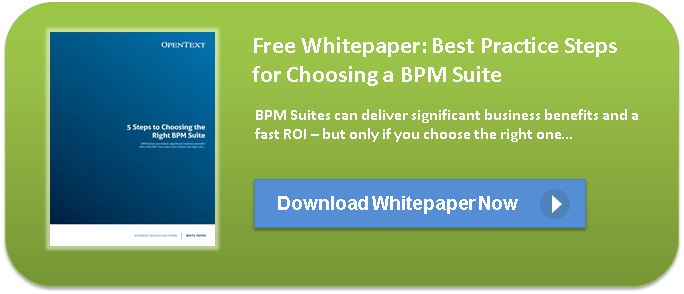Fact: e-Government Empowers Efficiency

Is Your AI and Automation Strategy Right for You?
No industry is more directly tied to the general well-being of consumers than the public sector. Citizens define what they want and need from governments, and those targets are shifting in today's climate of economic change. With stock market volatility, real estate bubbles and increasing unemployment, citizens want more from you. Today, they demand transparency and efficiency. After all, why should the government be exempt from oversight when spending taxpayers' money? It shouldn't.
Costs of Traditional Government
In real terms, citizens have more access to information than ever, and they exercise their rights to information. Each year, hundreds of thousands of Freedom of Information Act requests go to more than 30 different government agencies. Each one of these agencies have a different response time, provide more or less information, pass on some or all of the cost of providing the information, and offer different options for dealing with a denied request.
This type of inefficiency costs you on several levels. Not only does it tie up your employee time, but it also breeds discontent in constituencies who have a right to the information. This is just one example of how traditional methods of government no longer meet the needs of the populace. When you make the switch to e-government, you streamline the process of delivering and collecting information. It's all about aggregation. Fortune 500 companies have been doing this for years; you need to adapt and adopt integrated platforms with a single, public interface. One form should be able to reach all government agencies.
Features of a Digital Government
This switch to digital government starts with data integration. By implementing better business process management, you can engage citizens more directly and streamline communications. Through a single form, a user can request any government service, across departments. For example, accessing government sites should enable tax questions, information retrieval regarding benefits or regulations and payment processing. There should be no need to handle multiple document requests or deal with extended wait times.
Digital transformation allows the public sector to deliver the same near-instant service as the private sector. By offering users a single point of contact, e-government enables better communications and service delivery. A person renewing his or her driver's license could simultaneously pay a tax bill. Someone looking for information about home buyer programs could also look into student grants, tax credits and loans. In an ideal situation, citizens have easy access to the information and processes they need, all while maintaining a dialogue with the departments of government most relevant to them.
Interesting articles around digital transformation & Government:


